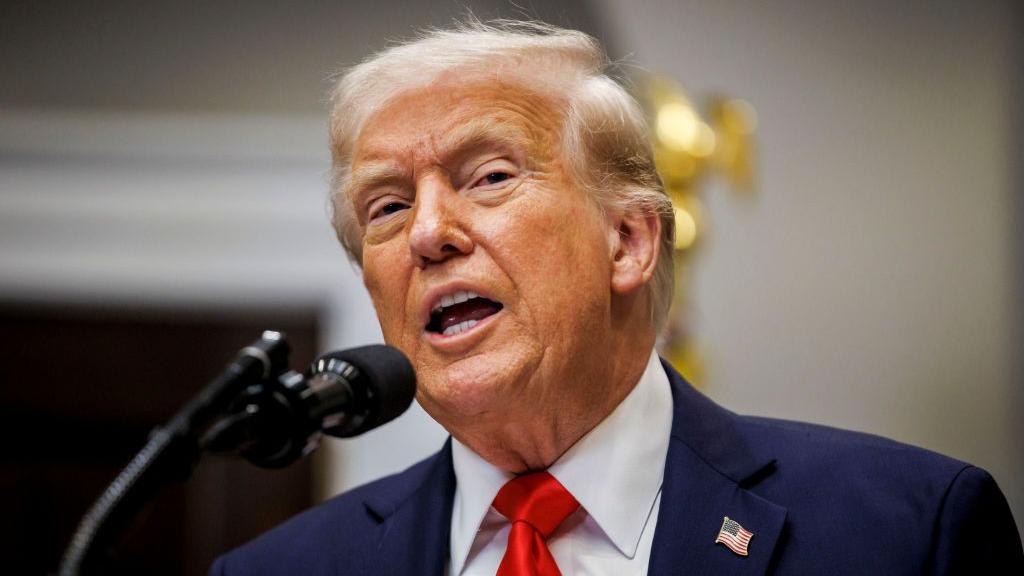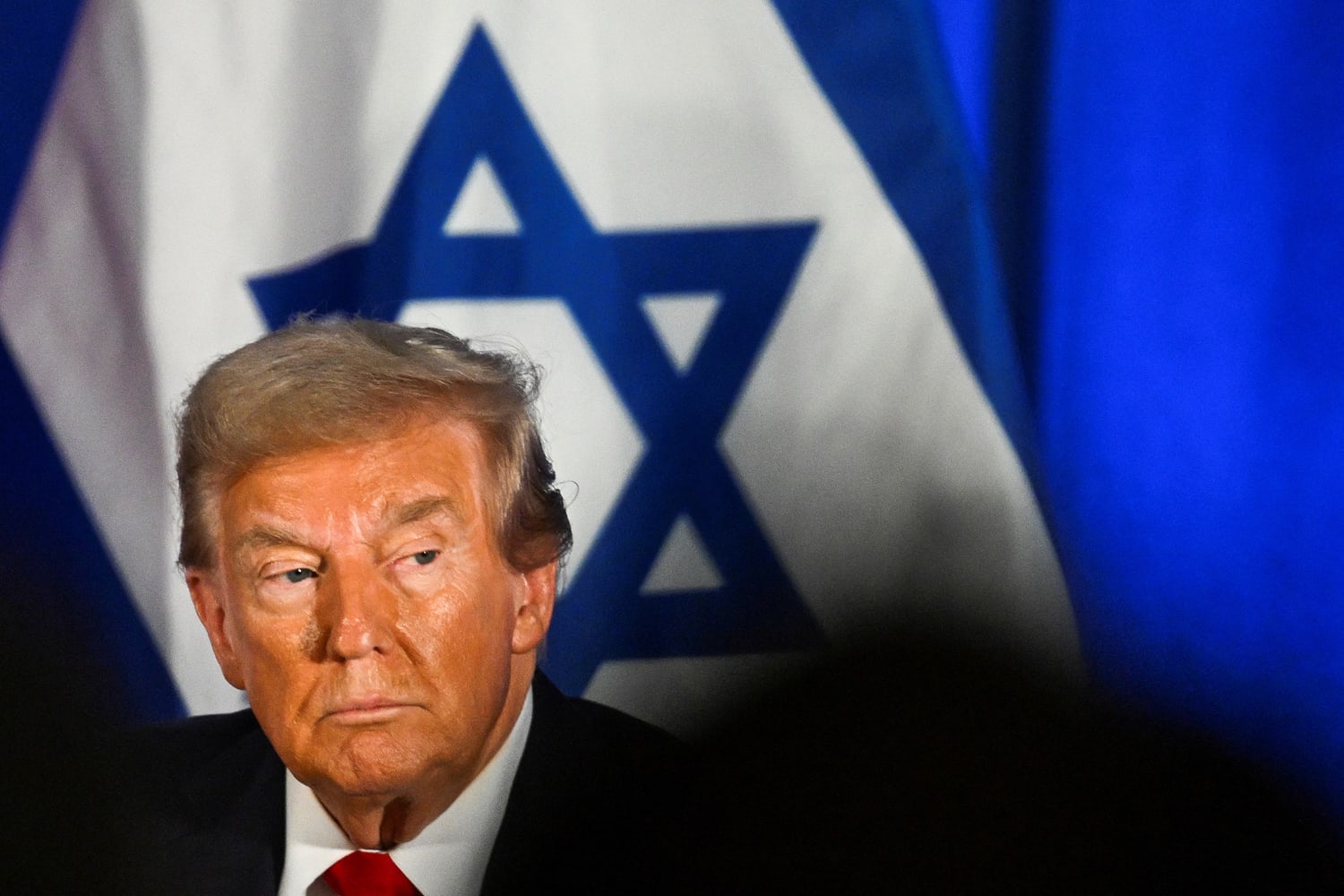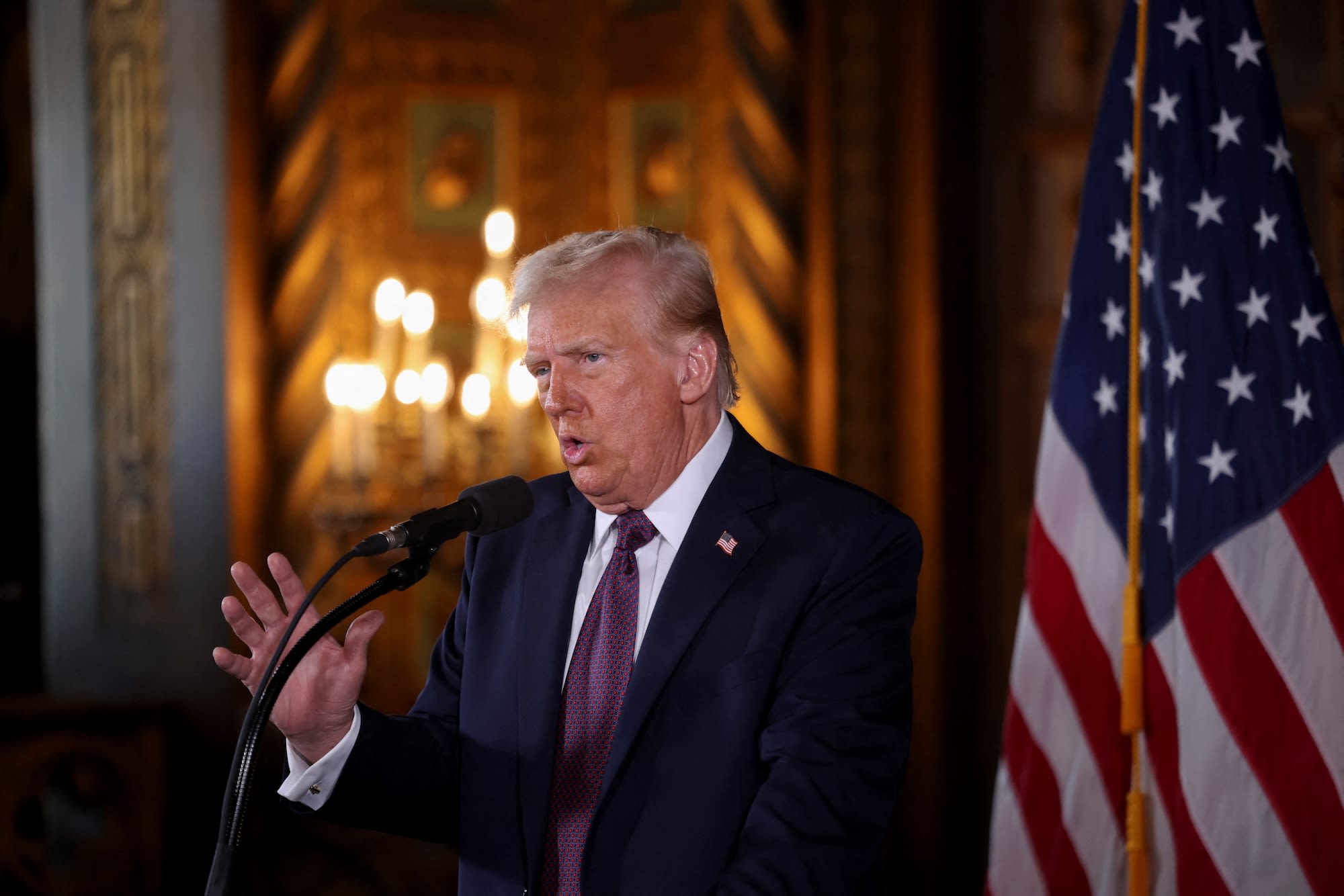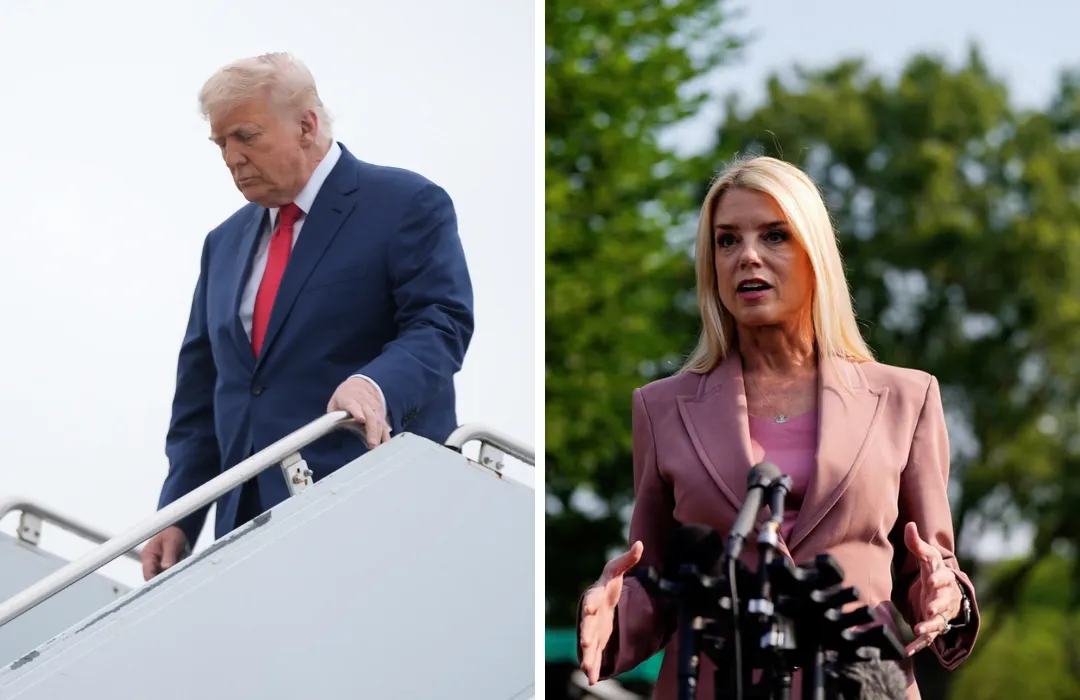
In a pivotal development for Middle East peace efforts, President Donald J. Trump announced Tuesday evening that Israel has officially agreed to the necessary conditions for a 60-day ceasefire in the Gaza Strip, urging Hamas to immediately accept the deal or face more dire consequences.
The president’s announcement, shared via a direct and urgent post on Truth Social, signals a significant step forward in Trump’s determined effort to end the bloody conflict between Israel and the U.S.-designated terrorist organization.
“My Representatives had a long and productive meeting with the Israelis today on Gaza,” Trump wrote. “Israel has agreed to the necessary conditions to finalize the 60 Day CEASEFIRE, during which time we will work with all parties to end the War.”
He continued with a stern message directed at Hamas: “I hope, for the good of the Middle East, that Hamas takes this Deal, because it will not get better — IT WILL ONLY GET WORSE.”
Trump’s statement marks the strongest diplomatic movement yet toward a temporary halt in the hostilities that have devastated Gaza since renewed conflict erupted earlier this year.
It also reinforces Trump’s positioning as a decisive global leader committed to peace through strength, strategic partnerships, and hard-nosed negotiations.
The president emphasized that Qatar and Egypt—two of the region’s key mediators—will be responsible for delivering the final ceasefire offer to Hamas.
According to White House officials, this latest push follows weeks of intensive negotiations spearheaded by Trump’s Middle East envoy Steve Witkoff. In late May, Witkoff submitted a proposal greenlit by Israel, offering a two-month ceasefire in exchange for the release of 10 living Israeli hostages and the remains of 18 more believed to be held in Gaza.

In return, Israel would release over 1,000 Palestinian detainees. However, Hamas demanded amendments deemed “totally unacceptable” by U.S. officials.
Now, with fresh backing from both Qatar and Egypt, and with Israel on board, the Trump administration is signaling that this is the final offer—and that Hamas’ window to act is rapidly closing.
The ceasefire framework was confirmed on the same day Israeli Strategic Affairs Minister Ron Dermer held high-level meetings in Washington with Trump’s foreign policy team.
A U.S. official, speaking on condition of anonymity, confirmed that Dermer and Witkoff finalized the latest version of the proposal, which will be delivered directly to Hamas via regional intermediaries.
The announcement also comes ahead of a major diplomatic meeting scheduled for next week at the White House between President Trump and Israeli Prime Minister Benjamin Netanyahu.
The two leaders are expected to discuss the terms of the ceasefire, the ongoing threat from Iran, and the broader strategic partnership between the United States and Israel.
“He’s coming here. We’re going to talk about a lot of things. We’re going to talk about the great success we had … in Iran, we had an incredible success,” Trump told reporters Tuesday morning. “We’re also going to talk about Gaza.”
Trump’s administration has consistently supported Israel’s right to self-defense while also making significant overtures toward de-escalation and hostage recovery. Earlier this week, the president issued a blunt call to action to Hamas: “MAKE THE DEAL IN GAZA. GET THE HOSTAGES BACK!!! DJT.”
While Hamas has yet to officially respond to the new deal terms, Trump’s firm posture has made clear that the offer is final. “It will not get better—it will only get worse,” he warned, indicating that failure to accept could result in intensified military operations and greater losses for Hamas-controlled territories.
Trump’s forceful diplomatic strategy stands in stark contrast to previous administrations’ approach to the Israel-Palestinian conflict, which critics argue relied too heavily on appeasement and vague multilateralism.
In contrast, Trump has employed a blend of transactional diplomacy, regional pressure, and strategic deterrence—an approach that proved successful with the Abraham Accords and now appears to be reaping dividends once more.
In a region where instability often paralyzes progress, Trump’s unwavering support for Israel and direct engagement with both allies and adversaries has once again positioned the United States as a central broker of peace.
His emphasis on consequences for inaction—a hallmark of Trump-era foreign policy—has added gravity to what would otherwise be a familiar cycle of ceasefire talk and diplomatic stall.
The stakes are high. Thousands have perished in the conflict since hostilities reignited, and the humanitarian toll in Gaza has mounted under Hamas’ leadership, whose actions continue to destabilize the region.
The president’s insistence on a ceasefire is not only a humanitarian gesture but a strategic play to reset the geopolitical board and eliminate the lingering threats of terror that have long plagued U.S. allies in the region.
Even as Democrats criticize the administration’s handling of the conflict, Trump has drawn praise from international observers for placing responsibility squarely on Hamas to come to the table.
As one senior administration official put it, “We’re not rewarding terrorism. We’re giving Hamas a single, clear opportunity to stop the bloodshed. If they reject this offer, they own the consequences.”
With Netanyahu’s arrival in Washington imminent, Trump is preparing to showcase the success of his Middle East policies at home and abroad. The meeting will be more than symbolic—it will chart the course for the next phase of U.S.-Israel relations under Trump’s renewed doctrine of strategic realism and peace through strength.
Analysts close to the administration say the proposed 60-day ceasefire would offer a vital window for diplomacy to cool tensions and for humanitarian aid to reach those in need.
It could also set the stage for a broader realignment in the region, with America reasserting its leadership role while reining in terror proxies and reinforcing its ironclad bond with Israel.
This effort aligns with Trump’s earlier achievements in the region, including the historic Abraham Accords, which normalized relations between Israel and several Arab states.
A ceasefire in Gaza would not only cement Trump’s reputation as a Middle East peacemaker but also provide a much-needed humanitarian reprieve—provided Hamas complies.
What remains uncertain is how Hamas will respond. As of Tuesday evening, the group had not made a public statement. However, sources familiar with the negotiations say pressure is mounting internally and externally for Hamas to accept the deal, particularly given the overwhelming support it has received from U.S. allies in the region.
Qatar and Egypt have both reaffirmed their commitment to mediating the deal, with Qatar playing a central financial and logistical role and Egypt facilitating security arrangements on the ground.
Both nations have reportedly advised Hamas to take the offer seriously, warning that American patience is finite and Trump’s next move could involve further crackdowns on international financial flows to the group.
For Republicans and Trump supporters, this is yet another example of the president delivering on his promise to restore American strength abroad. Trump’s message is clear: peace is possible—but only through strength, clarity, and accountability.
In an increasingly volatile world, President Trump has once again proven that assertive American leadership backed by strong alliances and firm red lines can reshape the calculus of even the most entrenched conflicts.
The world now watches Hamas. The ball is in their court, and the terms are on the table. As Trump himself declared, “It will not get better. It will only get worse.” The time for decisions—and consequences—has arrived.





